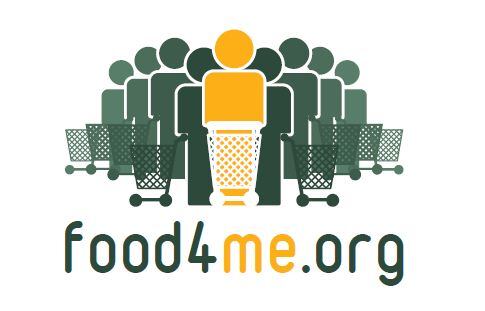Using qualitative focus group data from the EU-funded Food4me project, the researchers looked at preferences around personalised nutrition advice in the UK and Ireland.
The Republic of Ireland was included because, unlike the UK’s National Health Service (NHS), it was not provided free of charge at the point of delivery to the entire population.
Published in the British Journal of Nutrition, the results suggested a desire for services to be led by the government and delivered face-to-face, which the participants felt increased trust and transparency and added value compared to online services.
Participants in both Ireland and the UK felt that paying for nutritional advice increased their own commitment and motivation to follow that guidance. However, unlike in Ireland, UK participants still expected such personalised nutrition services to be free.
The irony of this, the researchers said, was that free personalised nutrition advice may attract more people, who were less motivated.
“[T]he unique challenge of ‘free provision’ that is embedded in the NHS ‘culture’ adds complexities to its introduction in the UK, particularly given the association between paying for and commitment to a service.
“It is, thus, important that delivery of personalised nutrition in the UK is carefully considered to facilitate its successful introduction into healthcare and to ensure that users are trustful of services offered,” the researchers wrote.

One core principle of the NHS was 'free at the point of delivery', with services paid for indirectly through taxation. However, since the majority of Irish people paid directly for health care appointments there was no expectation that such a new service would be free of charge.
The researchers from the Wageningen University in the Netherlands, University College Dublin in Ireland and University of Reading, University of Bradford and University of Newcastle in the UK said referral by a public sector physician to a private healthcare system like Bupa could be one option in the UK. Data around this suggested participants saw public sector physicians as more trustworthy than private.
The data came from four focus groups held in Dublin and four held in Reading, amounting to 73 participants stratified according to age (18–65 years or 30–65 years).
The researchers said past work found the UK public was largely open to genetic testing for the purpose of personalised nutrition, but the preferred delivery of such nutrigenomic-based advice was not yet known.
Source: British Journal of Nutrition
Published online ahead of print, doi:10.1017/S0007114515000045
“The perceived impact of the National Health Service on personalised nutrition service delivery among the UK public”
Authors: R. Fallaize, A. L. Macready, L. T. Butler, J. A. Ellis, A. Berezowska, A. R. H. Fischer, M. C. Walsh, C. Gallagher, B. J. Stewart-Knox, S. Kuznesof, L. J. Frewer, M. J. Gibney and J. A. Lovegrove
